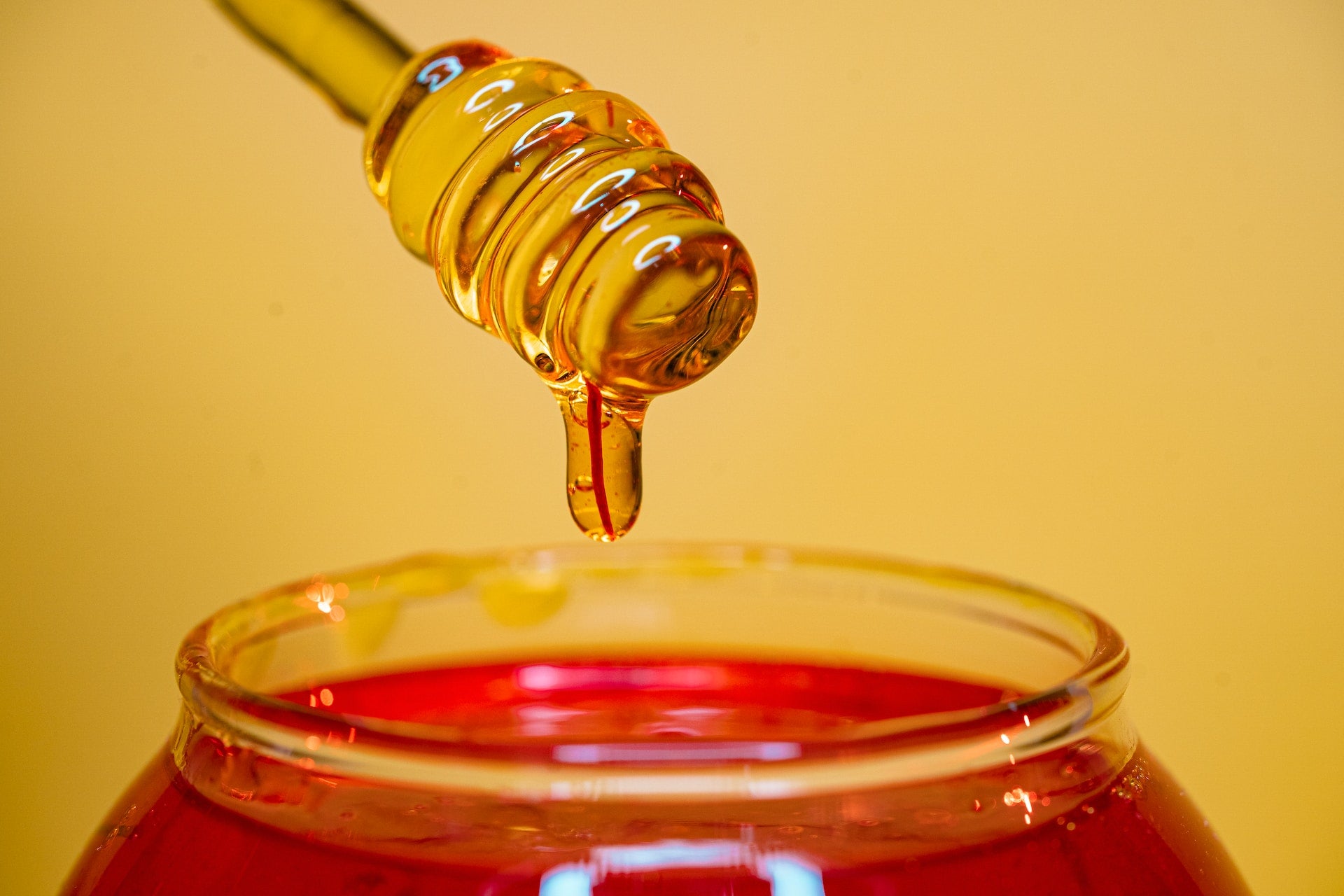The Sweet World of Honey: Nature's Golden Nectar

Honey, the sweet and golden elixir produced by bees, has been cherished by civilizations throughout history. Known for its delectable taste and numerous health benefits, honey continues to be a beloved natural sweetener and a staple in culinary and medicinal practices worldwide. In this article, we will delve into the fascinating process of honey production, explore its amazing properties, and uncover the remarkable health benefits it offers.
The Art of Honey Production
Honey production begins with the diligent efforts of honeybees, who tirelessly collect nectar from flowers. The process is a delicate dance between the bees and the flowers, as the bees suck the nectar using their long, tubelike tongues and store it in their honey stomachs. Enzymes within the bee's stomach work to break down the complex sugars in the nectar, transforming it into a simpler form. Upon returning to the hive, the bees regurgitate the nectar into the honeycomb cells.
Bees then fan their wings vigorously, aiding in the evaporation of excess water from the nectar. This evaporation process leads to a higher concentration of sugars and contributes to the thick, viscous texture of honey. Finally, the bees seal the honeycomb cells with wax, creating a protective barrier for their liquid gold.
The Remarkable Properties of Honey
Honey is not just a sweet treat; it possesses several remarkable properties that make it unique among natural substances. One of the most striking features of honey is its long shelf life. Archaeologists have discovered pots of honey in ancient Egyptian tombs that are over 3,000 years old and still perfectly edible. This exceptional longevity can be attributed to honey's low water content and acidic pH, which create an inhospitable environment for bacteria and other microorganisms.
Additionally, honey exhibits hygroscopic properties, meaning it can absorb moisture from the air. This characteristic allows honey to aid in wound healing by creating a protective barrier and preventing the growth of bacteria. Honey has been used for centuries as a natural remedy for minor burns, cuts, and other skin ailments due to its antimicrobial and anti-inflammatory properties.

The Health Benefits of Honey
Beyond its delightful taste and unique properties, honey offers a range of health benefits when consumed in moderation. Firstly, honey serves as a natural energy booster. Its carbohydrates, primarily fructose and glucose, provide a quick source of fuel, making it an excellent choice for athletes and those in need of an instant energy boost.
Moreover, honey contains trace amounts of vitamins, minerals, and antioxidants. These include vitamin C, calcium, iron, and phenolic compounds, which contribute to its potential immune-boosting and anti-inflammatory effects. The antioxidants present in honey can help protect the body against cellular damage caused by harmful free radicals.
Research also suggests that honey may have a positive impact on coughs and sore throats. Its thick consistency and soothing properties can help alleviate irritation and provide temporary relief. Honey is often used as a natural ingredient in cough syrups and throat lozenges due to its potential cough-suppressing effects.
It is worth noting that while honey offers numerous health benefits, it is important to use caution when giving honey to infants under the age of one. Honey can contain spores of the bacterium Clostridium botulinum, which can lead to infant botulism, a serious condition.
The Sweet Conclusion
Honey, nature's golden nectar, captivates us with its rich history, unique properties, and remarkable health benefits. From the tireless efforts of honeybees to the multitude of flavors and colors derived from different floral sources, honey truly is a gift from nature. So, whether you drizzle it on your morning toast, add it to your favorite recipes and enjoy.




